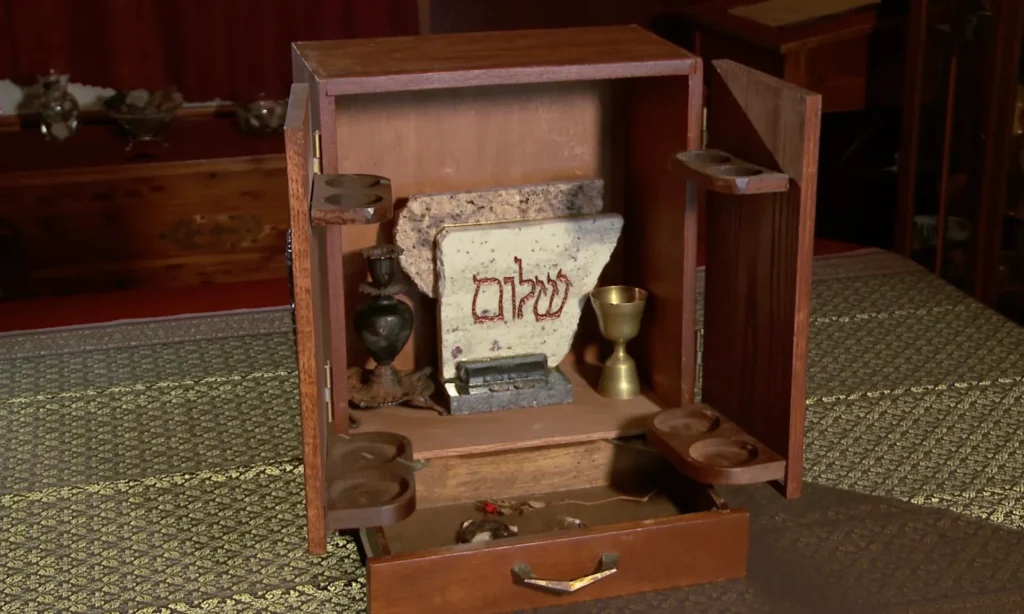The Haunting Legend of Dybbuk Boxes
Dybbuk boxes, captivating and eerie, are wine cabinets reputedly haunted by a dybbuk — a malevolent spirit from Jewish folklore known to possess and control the bodies of the living. These boxes have gained significant attention, often arriving with a detailed backstory and authenticated documentation. Typically, these documents include warnings from a rabbi, cautioning against any attempt to open the box under any circumstances, due to the dangers believed to be contained within.
The Origin and Nature of Dybbuks
In Jewish folklore, a dybbuk, or dibbuk, is a restless, disembodied human spirit. These spirits, unable to find peace due to past transgressions, wander until they can find refuge within a living person. This belief was particularly prevalent in Eastern Europe during the 16th and 17th centuries. The term “dybbuk” is derived from the Hebrew root “davek,” meaning “to cling” or “to cleave.” A dybbuk is perceived as a malevolent spirit, clinging to a living person, seeking solace from its own turmoil.
Historical and Cultural Context of Dybbuks
The concept of being overtaken by a spirit has deep roots in Jewish tradition. An example can be found in the Book of Samuel, where David alleviates King Saul’s “spirit of melancholy from God” by playing his harp. The notion of the dybbuk gained prominence in the 16th century, especially within Kabbalah, a mystical aspect of Judaism that flourished in the northern Galilee city of Tzfat. Kabbalah propagated complex ideas about the afterlife and the spiritual realm.
The Role of Mystics and Exorcism
Individuals believed to be afflicted by a dybbuk were often brought to a miraculous rabbi. These rabbis were thought to possess the exclusive ability to expel the malevolent spirit through religious exorcism rituals. Isaac Luria, a prominent mystic, laid the foundations for the Jewish belief in dybbuks with his doctrine of soul transmigration. He viewed this as a way for souls to advance in their quest for self-improvement. Luria’s disciples further developed the notion of dybbuk possession, solidifying its place in Jewish mysticism.
The Modern Dybbuk Box Phenomenon
The modern fascination with dybbuk boxes can be traced back to a notable case in California. A man named Kevin Mannis purchased a wine cabinet at an estate sale in 2003, only to later claim that it was haunted by a dybbuk. His story, detailed in various media outlets, sparked widespread interest and fear. Mannis reported strange occurrences and paranormal activities after acquiring the box, leading to its eventual sale on eBay with an explicit warning about its alleged supernatural properties.
Dybbuk Boxes in Popular Culture
The tale of the dybbuk box has permeated popular culture, inspiring movies, books, and even television shows. The most notable example is the 2012 horror film “The Possession,” which fictionalizes Mannis’s story, bringing the legend of the dybbuk box to a wider audience. This blend of folklore and modern storytelling continues to captivate and terrify those intrigued by the supernatural.
Conclusion: The Enduring Legacy of Dybbuks
In essence, dybbuks are malevolent entities in search of a living host to inhabit — a chilling belief deeply rooted in Jewish folklore and history. The legend of the dybbuk box, whether viewed as a genuine paranormal phenomenon or a compelling piece of folklore, continues to intrigue and fascinate. As the story evolves, it serves as a reminder of the enduring power of myth and the human fascination with the unknown.

